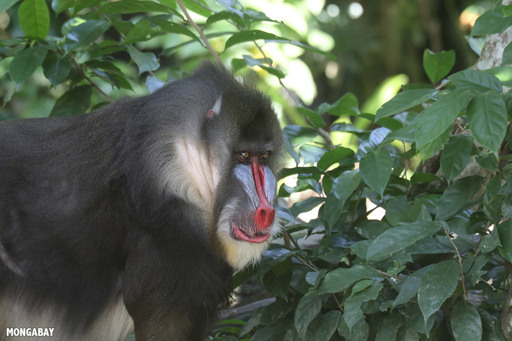Governments and investors are seeking minerals, timber and oil in the Congo Basin to fuel the global economy and the green transition. However, communities that have lived in the world’s second-largest rainforest for generations are paying the highest price for extraction, according to a new report published ahead of the upcoming United Nations Climate Change Conference in Belém, Brazil. COP30 is expected to address, among other issues, the management and financing of tropical rainforests, which are vital for climate stability. The new report, released by the Global Alliance of Territorial Communities (GATC) and Earth Insight, details how extractive industries are converging on Indigenous and local community lands across the world’s major tropical forests. In the Congo Basin, the planet’s largest forest carbon sink, 38% of community forests are threatened by oil and gas blocks, 42% by mining and 6% with logging, according to the report. These overlapping pressures are degrading fragile ecosystems and threatening Indigenous livelihoods. In the TRIDOM landscape spanning Cameroon, Gabon and the Republic of Congo, more than half of community forests overlap with logging concessions, the report notes. Across western Democratic Republic of Congo (DRC), oil licenses threaten to encroach on 99% of community forests, including the Cuvette Centrale peatlands, home to 30 billion tons of stored carbon, vital to global climate stability. Industrial exploitation tells only part of the story; livelihoods are also impacted. “Our peoples have protected these forests for generations … yet our rights remain fragile,” Joseph Itongwa of the Network of Indigenous and…This article was originally published on Mongabay
From Conservation news via this RSS feed


